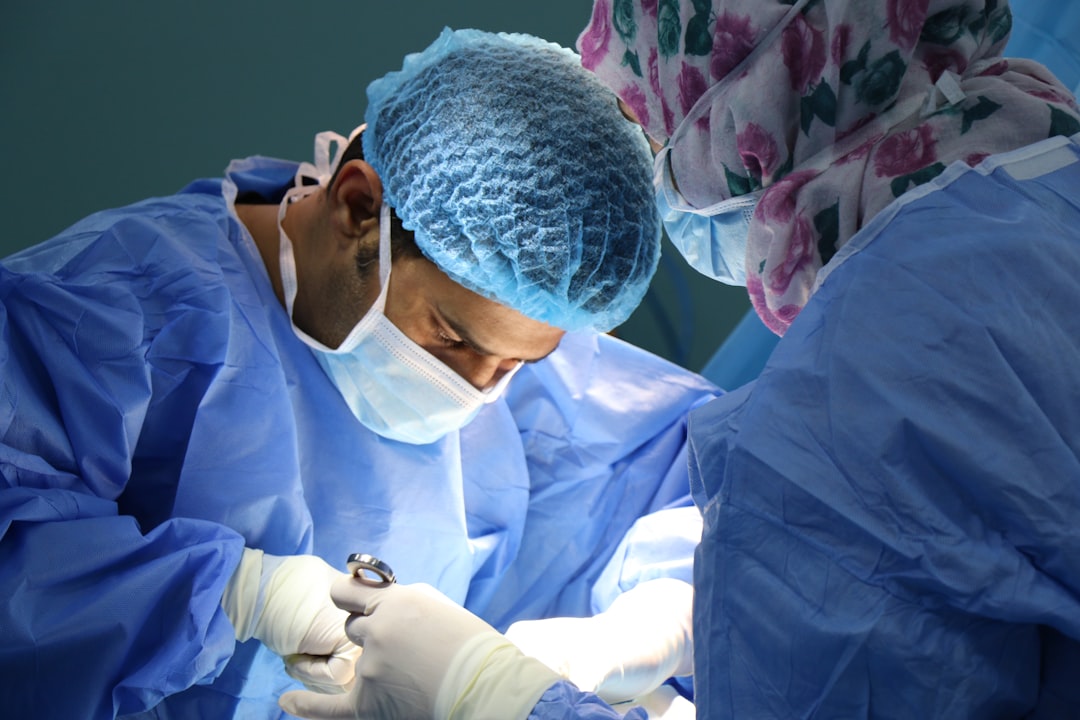Is Plastic Surgery Right For You?

Plastic surgery is a popular procedure, often performed by Hollywood celebrities. Many people seek out plastic surgery for their appearance because they have seen it on TV. In a recent case, a 4-year-old boy had his chin reconstructed after a dog bit him. Another patient had a birthmark on her forehead lightened with laser surgery. While plastic surgery may be a popular procedure among Hollywood stars, it's not right for everyone.
Teens often get plastic surgery to alter a certain part of their bodies. For example, a teen with excessive breast tissue may think that surgery will change their life. But a plastic surgeon will tell them that this cosmetic procedure has a much higher risk than weight loss and dieting. Teenagers who have a reshaped face can feel more confident about their appearance after the procedure. But if you're looking for a quick fix, you may want to consider liposuction or gastric bypass, which are not appropriate for this reason.
The field of plastic surgery is a growing one. In addition to cosmetic surgery, reconstruction surgery can be required after trauma or cancer treatments. Many of these procedures involve reconstructive surgery, including facelifts, rhinoplasty, chin reshaping, neck liposuction, mole removal, and breast enhancement. Other cosmetic surgeries involve removing moles and reconstructing body parts. A variety of injectables are also offered to improve the appearance of the face.
Before considering plastic surgery, consult your primary care physician. The physician can refer you to a plastic surgeon with the appropriate training. You should also ask whether the plastic surgeon is board certified, which indicates that they have passed rigorous exams. Your primary care physician may also refer you to a plastic surgeon who has experience with breast implants. Aside from finding a physician who meets your qualifications, you should also meet with the plastic surgeon to discuss all of your options. You can go right here for additional information on plastic surgery.
The basic sciences are essential in plastic surgery, including anatomy, physiology, and microvascular surgery. The field has played an important role in the development of innovative techniques such as cranio-maxillofacial surgery and liposuction. Aside from technical proficiency, a plastic surgeon needs to be ethical, creative, and have an innate sense of aesthetics. Further, plastic surgeons must have excellent interpersonal skills. The skills required for a successful career in this field can include soft tissue grafting, aesthetic surgery, and reconstruction after an injury.
While completing a medical residency and fellowship in plastic surgery, many plastic surgeons choose to specialize in cosmetic surgery as a way of passing time. This path is similar for all surgeons, and may include additional training in cosmetic surgery during a fellowship training program, workshops, or seminars. If the trainee wants to specialize in this field, they may seek certification by the American Board of Cosmetic Surgery. There are also additional courses and exams that a plastic surgeon can take to enhance their skills. You can continue reading here more on this topic.
As with any surgical specialty, board certification is important in determining a doctor's skill and expertise. There are different boards, each measuring different aspects of a physician's education and experience. By understanding the differences in board certification, patients can make an informed choice regarding their surgeon. Additionally, the American Academy of Cosmetic Surgery has published several guidelines for examining and selecting a physician. They can also help them decide if the physician they're considering is right for them.
Check out this post that has expounded on the topic: https://en.wikipedia.org/wiki/Reconstructive_surgery.
Check out this post that has expounded on the topic: https://en.wikipedia.org/wiki/Reconstructive_surgery.
